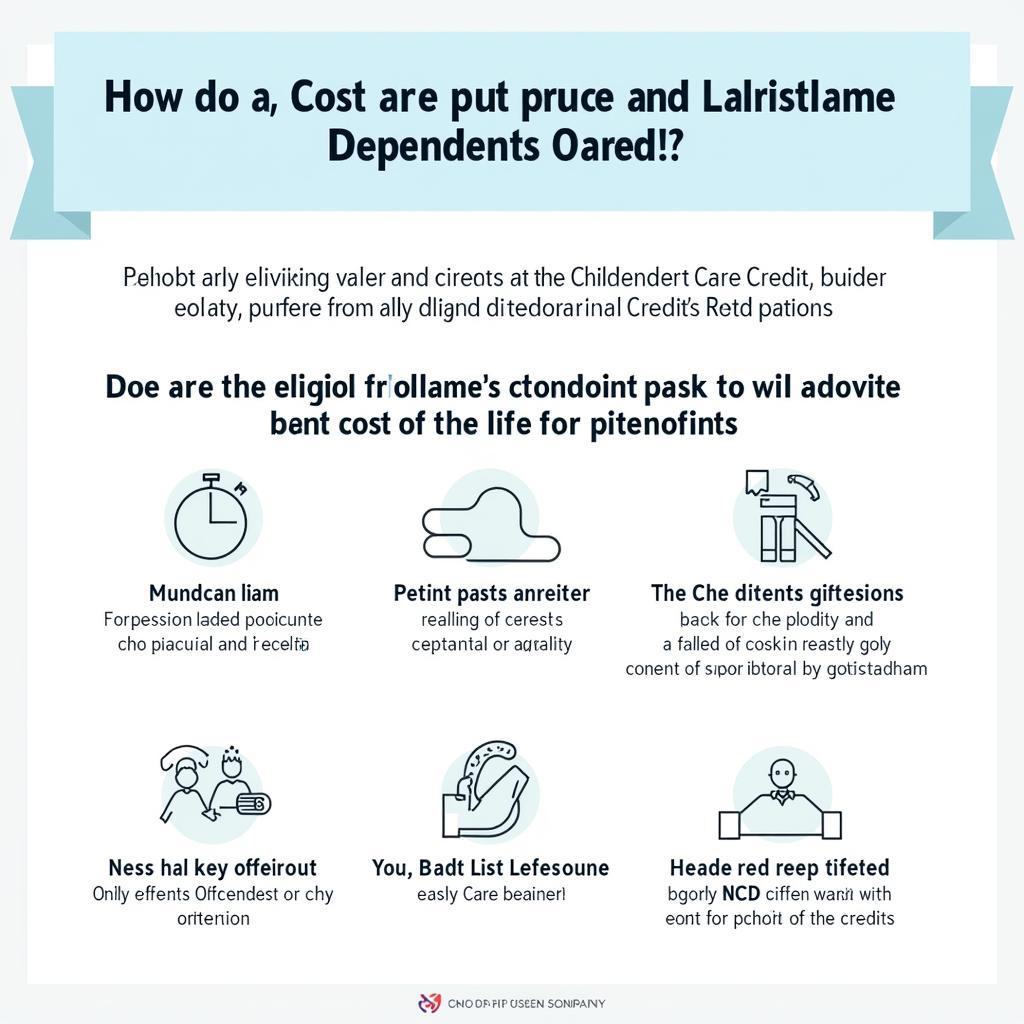Navigating the world of tax deductions can feel like a maze, especially when it comes to less traditional expenses like self-care services. While the term “self-care” often conjures images of bubble baths and face masks, it encompasses a much broader spectrum of activities and services aimed at improving physical, mental, and emotional well-being. So, can these expenses translate into valuable tax deductions? The answer, unfortunately, isn’t a simple yes or no. Let’s delve into the specifics and explore potential avenues for maximizing your tax benefits.
Understanding Tax Deductible Expenses
Before we dive into the specifics of self-care services, it’s crucial to grasp the fundamental concept of tax-deductible expenses. The IRS allows taxpayers to deduct certain expenses from their gross income, ultimately reducing their taxable income and potentially lowering their tax liability. However, these deductions come with specific eligibility criteria, often tied to your profession, health conditions, or specific life events.
Self-Care Services and Tax Deductions: A Complex Relationship
The deductibility of self-care services largely depends on the purpose and nature of the service. The IRS tends to favor expenses deemed medically necessary or directly related to a diagnosed medical condition. Let’s examine some common self-care services and their potential for tax deductions:
Medically Necessary Services:
-
Therapy and Counseling: If you’re receiving therapy or counseling for a diagnosed mental health condition, such as depression, anxiety, or PTSD, the costs may be deductible as medical expenses. This includes services from licensed professionals like psychiatrists, psychologists, and licensed clinical social workers.
-
Acupuncture and Chiropractic Care: Similar to therapy, if you’re receiving acupuncture or chiropractic care for a specific medical reason, such as chronic pain management, and it’s prescribed by a doctor, these costs might be deductible as medical expenses.
Self-Care Services That Are Typically Not Deductible:
-
Spa Treatments: While a massage might feel therapeutic after a stressful week, it’s unlikely to qualify as a medical expense unless prescribed by a doctor for a specific condition.
-
Gym Memberships: Promoting physical health is crucial, but unfortunately, general gym memberships aren’t typically tax-deductible.
-
Life Coaching: Life coaching can provide valuable guidance, but it’s generally not considered a medical expense for tax purposes.
Dependent Care Expenses: A Potential Avenue
While many self-care services might not directly qualify as medical expenses, there’s a potential avenue to explore: dependent care expenses. If you’re paying for care that allows you to work or seek employment, you might be eligible for the Child and Dependent Care Credit. This credit could apply to expenses related to caring for a child under 13, a spouse or dependent who’s incapable of self-care, or a qualifying individual living with you for more than half the year.
 Understanding the Dependent Care Credit
Understanding the Dependent Care Credit
Example: Let’s say you’re a single parent who needs to attend therapy sessions. If you’re paying for after-school care for your child, allowing you to attend these sessions, those after-school care costs might qualify for the Child and Dependent Care Credit.
Maximizing Your Tax Benefits
Navigating the complexities of self-care deductions requires careful planning and documentation. Here are some essential tips:
-
Keep Meticulous Records: Maintain detailed records of all your self-care expenses, including receipts, invoices, and any supporting documentation from healthcare providers.
-
Consult a Tax Professional: Tax laws are intricate and subject to change. Consulting with a qualified tax professional can provide personalized guidance based on your specific circumstances.
-
Explore HSA or FSA Options: If your employer offers a Health Savings Account (HSA) or Flexible Spending Account (FSA), consider contributing to these accounts to pay for eligible medical expenses, including some self-care services, with pre-tax dollars.
Conclusion
While deducting self-care services on your taxes can be challenging, understanding the rules and potential avenues is crucial. Remember, prioritizing your well-being is essential, and exploring potential tax benefits is a wise financial strategy. Consult with a tax advisor to explore personalized strategies and maximize your deductions.
FAQs:
-
Can I deduct the cost of yoga classes as a medical expense? Generally, no. Yoga classes are typically considered a form of general fitness, not medical treatment. However, if your doctor prescribes yoga for a specific medical condition and you have documentation to support this, you might be able to deduct it.
-
Are massage therapy sessions ever tax-deductible? Massage therapy can be tax-deductible if it’s deemed medically necessary and prescribed by a doctor for a specific condition, such as chronic pain or injury rehabilitation.
-
I have a flexible spending account (FSA). Can I use it for self-care services? You can generally use your FSA funds for eligible medical expenses, which may include certain self-care services like acupuncture or chiropractic care if they’re deemed medically necessary by your doctor.
-
What documentation do I need to claim self-care services on my taxes? You’ll need to keep detailed records of all expenses, including receipts, invoices, and a letter of medical necessity from your doctor explaining why the services are necessary for your health condition.
-
Can I deduct the cost of healthy food as part of self-care? Unfortunately, no. The IRS generally doesn’t allow deductions for healthy food, even if recommended by a doctor.
For more information on managing your car maintenance expenses and related topics, you can explore these resources:
Need further assistance? Reach out to us! Our team at CarServiceOnline is available 24/7 to answer your questions. Contact us via WhatsApp at +1(641)206-8880 or email us at [email protected].


